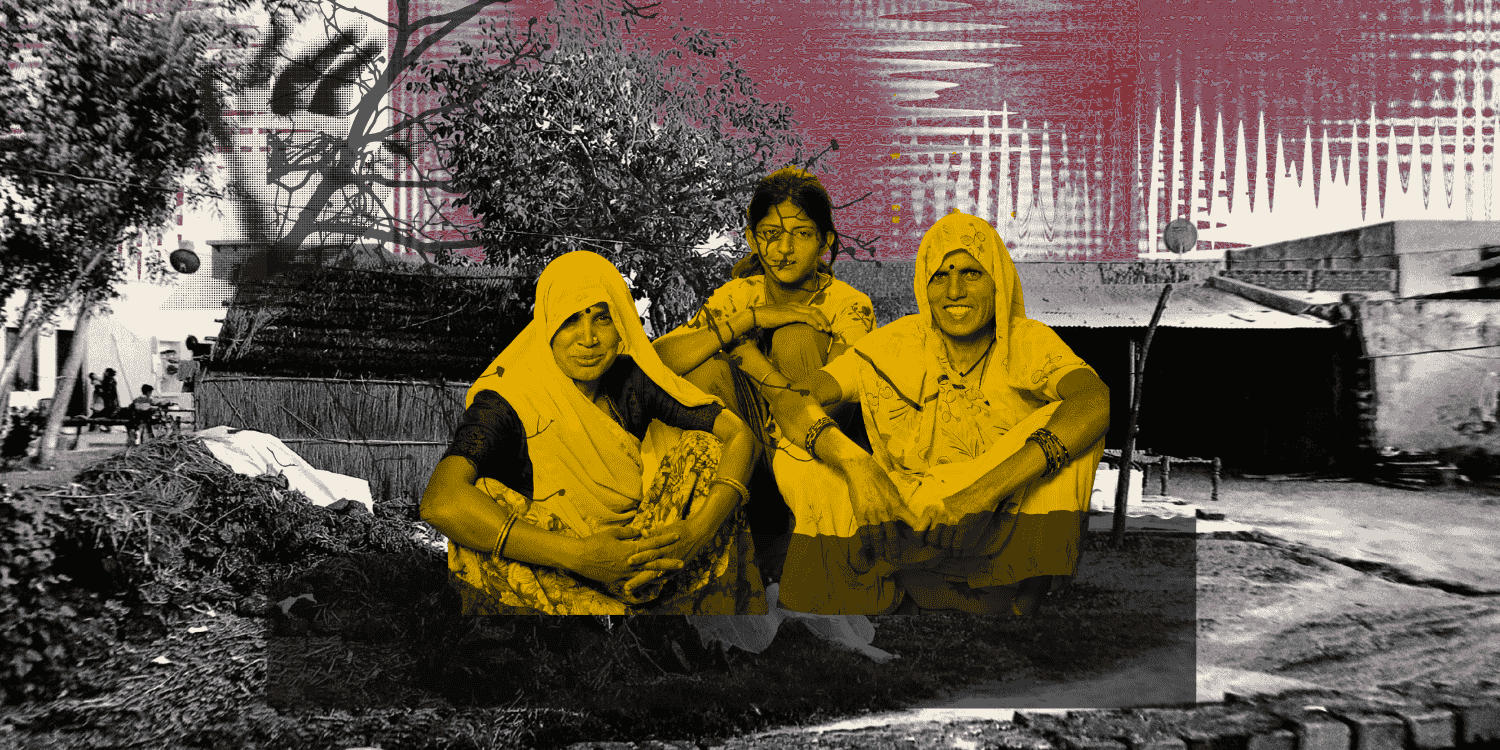Abstract
The Election Laws Amendment Bill, passed by the Union Cabinet in 2021, ruled in favour of linking Aadhar IDs to the electoral rolls. This step aimed to curb the menace of fraudulent voting, among other reforms. However, the Bill has been a point of contention. Various opposition leaders and activists voice their concerns over voters’ privacy. Consequently, this Issue Brief delves into the question of confidentiality regarding the Aadhaar linkage and the subsequent public disenfranchisement. It sheds light on instances related to data leaks and also explores alternative answers to curtail double voting.
Keywords: Election Laws Amendment Bill, Election Commission of India, Aadhaar Card, Voting, Privacy
Introduction: Reforms under the Bill
On 21 December 2021, the Rajya Sabha passed the Election Laws Amendment Bill (2021) through a voice vote following a brief discussion of it in Lok Sabha’s the day prior (Bhardwaj, 2021). Despite the Legislature’s swift greenlighting, the President’s nod is still pending on the matter owing to the strong opposition the bill faced. Recommended by the Election Commission of India [ECI], this bill focuses on multiple electoral reforms, including linking Aadhaar IDs with the Electoral Rolls, among others (Vanamalli, 2022). Issued by the Unique Identification Authority of India [UIDAI], in the name of the Government of India, Aadhaar is a 12-digit personal identification number. It is proof of a citizen’s identity and address, valid throughout the country (Unique Identification Authority of India n.d.).




